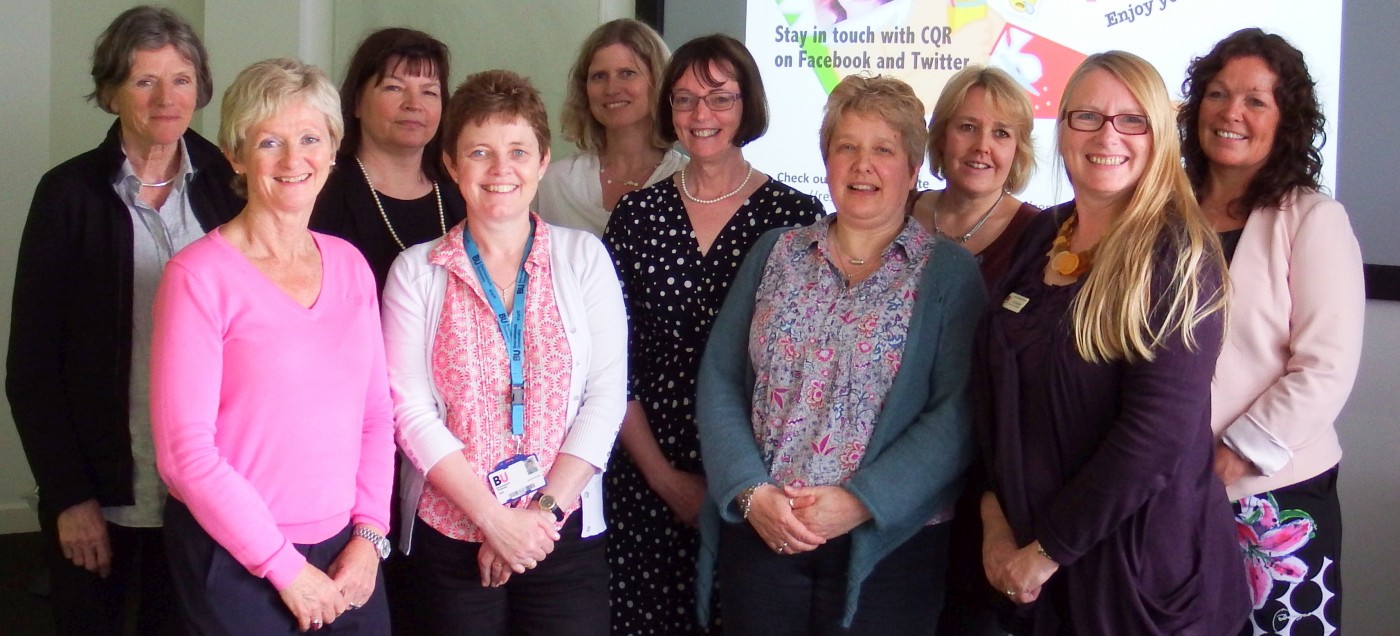
Norwegian visitors and CQR Members share results of arts-based research efforts at HSS. (Photos: Anne Quinney)
Five Members of BU’s Centre for Qualitative Research (Lee-Ann Fenge; Caroline Ellis-Hill; Maggie Hutchings; Michele Board; Anne Quinney) wowed recent visitors to FHSS from Sogn og Jordane University College in Norway. The College is based in the Sogn og Fjordane University College (Førde, Norway) which is currently situated on two campuses in Forde and Songdal on the west of Norway and on the longest and deepest Fjord in the world.
Each CQR member took a turn in presenting a short and sharp ten-minute demonstration by means of sharing the outputs of an arts-based qualitative project. These included:
- Ephemera workshop—sharing life stories via personal objects
- Seen but Seldom Heard –short video screening of a poetry project with disabled youth
- HeART of Stroke Project—sharing of a painting project for Stroke patients
- Meaning of Home photo project – sharing of photo book of baby boomers’ recollections of home
- Methods to Diversity—sharing and distribution of Method Deck of cards to encourage LGBT and ageing awareness
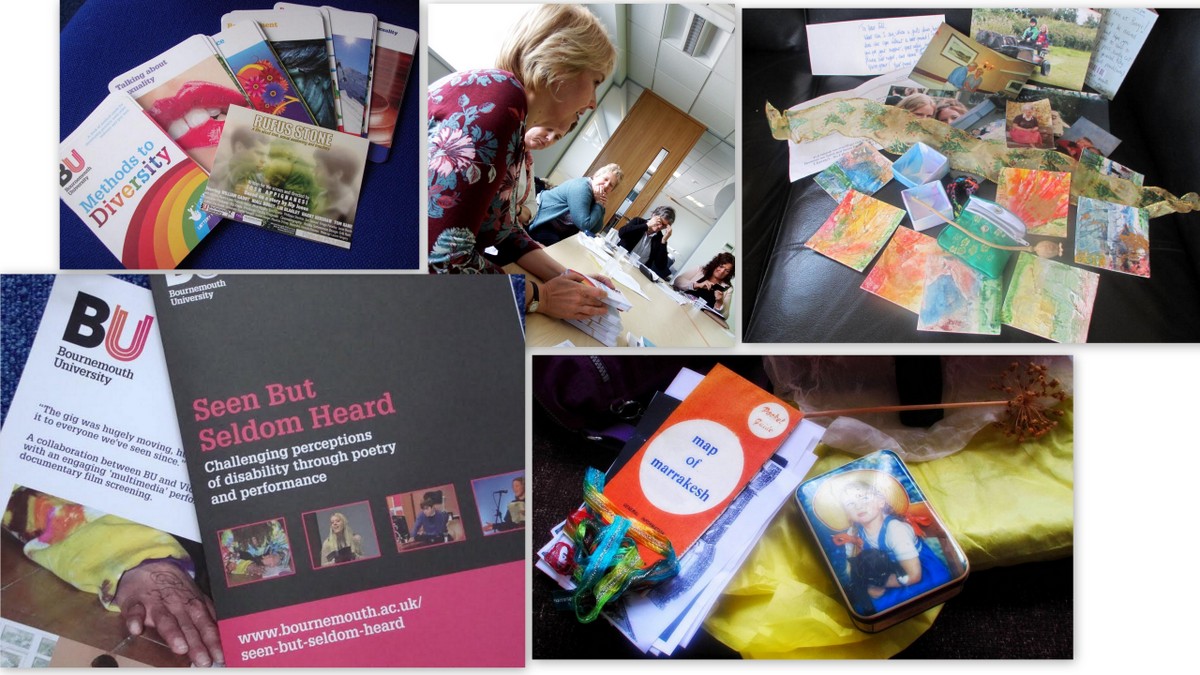
Various arts-based projects shared with Norwegian visitors. (Photos: Anne Quinney)
A screening of the award-winning, research-based short film, RUFUS STONE, then followed the five short presentations. The visiting scholars remarked that they were very moved by the film. Overall, they appreciated the nuances in the use of arts-based approaches to create as well as disseminate research projects.
CQR is known internationally as a hub of excellence in Performative Social Science, a theoretically based approach to using tools from the arts and humanities in researching and/or disseminating a wide variety of health and social science topics.
One team member remarked, “On reflection, many of the messages from the six presentations overlapped, and so we created a very coherent and deep forum by means of hands-on sharing of objects”.
Another said, “There was a real buzz in the room and the event proved a great showcase for focusing on the strengths, power, magic, beauty, depth, richness of the many and varied CQR activities”.
Elizabeth Rosser, HSS’ Deputy Dean for Education and Professional Practice, who organised the three day visit to BU, summed up the Norwegians’ response: “They were MOST impressed and felt they gained considerably from the meeting with the Centre for Qualitative Research members”.
Visitors from Norway:
- Dr Anne-Grethe Halding: Associate Professor, Head of Department of Health Studies
- Professor Maj-Britt Raholm: Professor of Nursing
- Dr Anne Marie Sandvoll: Head of Postgraduate Education, Faculty of Health Studies
- Dr Aud Marie Øien: Research lead, Faculty of Health Studies
- Dr Eli Natvik: Early Career researcher and academic recently commenced at the University College from clinical practice as a physiotherapist.
Stay in touch with CQR on:
Facebook https://www.facebook.com/groups/54608373386/
Twitter: https://twitter.com/BUQualitative
CQR website: https://research.bournemouth.ac.uk/centre/centre-for-qualitative-research/
 Dr Kip Jones, Reader in Qualitative Research and Performative Social Science retires from Bournemouth University at the end of February, but will continue with PhD supervision on a part-time basis. He has four potential publications in discussion with publishers, including a volume on PSS.
Dr Kip Jones, Reader in Qualitative Research and Performative Social Science retires from Bournemouth University at the end of February, but will continue with PhD supervision on a part-time basis. He has four potential publications in discussion with publishers, including a volume on PSS. 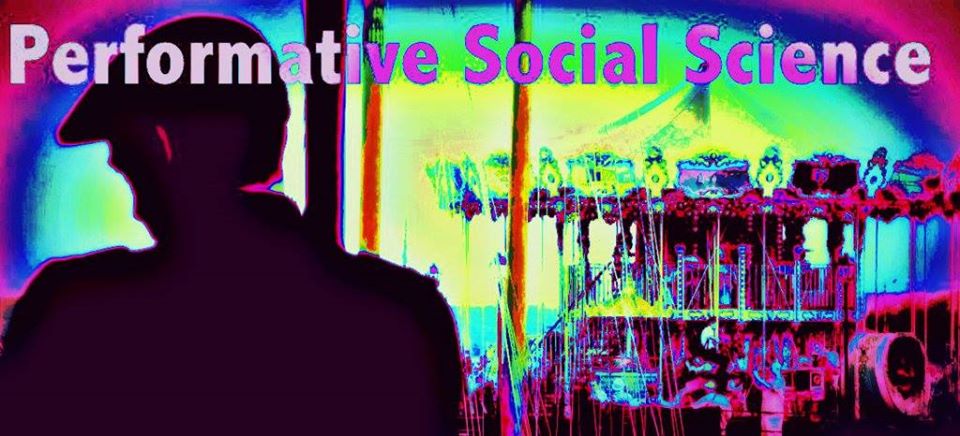
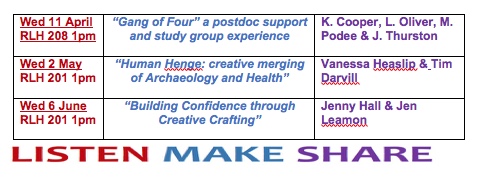
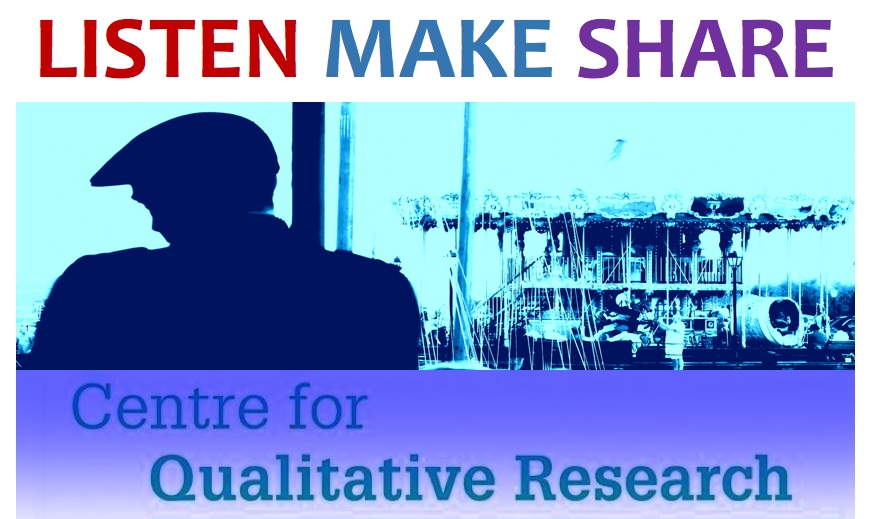

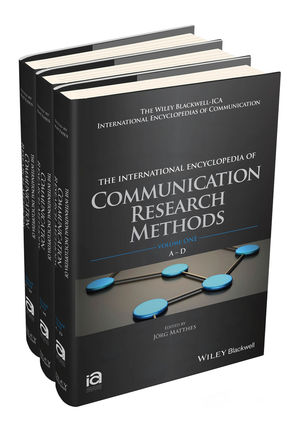 The first Chapter, “Performative Social Science”, in J. P. Matthes, C. S. Davis, & R. F. Potter (Eds.), The International Encyclopedia of Communication Research Methods, rehearses the development of Performative Social Science (PSS) as a research approach and method, developed over ten years at Bournemouth University through publication, film, research, workshops, Masterclasses, and PhD studies. Jones explains that PSS is not simply ‘art for art’s sake’ instead of research. PSS is research and dissemination practices based in the philosophy of Relational Aesthetics and has much in common with Social Constructionism. The ‘audience’ or reader/viewer are key to PSS, as is the wider community.
The first Chapter, “Performative Social Science”, in J. P. Matthes, C. S. Davis, & R. F. Potter (Eds.), The International Encyclopedia of Communication Research Methods, rehearses the development of Performative Social Science (PSS) as a research approach and method, developed over ten years at Bournemouth University through publication, film, research, workshops, Masterclasses, and PhD studies. Jones explains that PSS is not simply ‘art for art’s sake’ instead of research. PSS is research and dissemination practices based in the philosophy of Relational Aesthetics and has much in common with Social Constructionism. The ‘audience’ or reader/viewer are key to PSS, as is the wider community.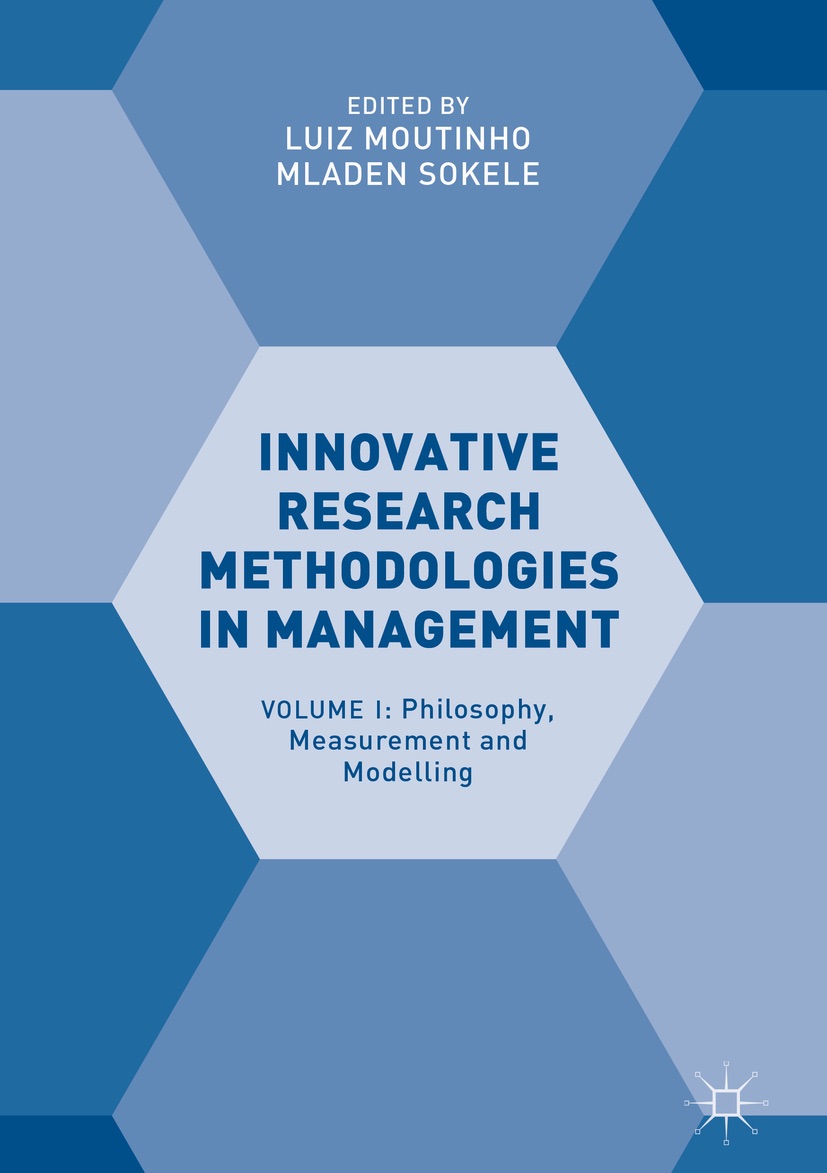 The second Chapter, “Emotivity and Ephemera Research”, in Innovative Research Methodologies in Management: Volume I, edited by L. Moutinho and M. Sokelem provides an in-depth worked example of PSS. The Chapter reports on a two-day experimental workshop in arts-led interviewing technique using ephemera to illicit life stories and then reporting narrative accounts back using creative means of presentation. The workshop took place at Bournemouth and participants were all University faculty members. A key to the process was in replicating what research participants may be feeling and going through when they share very personal stories with researchers. The exercise built a respect for this process by acknowledging that fact through the personal experiences and emotive connectivity of workshop participants.
The second Chapter, “Emotivity and Ephemera Research”, in Innovative Research Methodologies in Management: Volume I, edited by L. Moutinho and M. Sokelem provides an in-depth worked example of PSS. The Chapter reports on a two-day experimental workshop in arts-led interviewing technique using ephemera to illicit life stories and then reporting narrative accounts back using creative means of presentation. The workshop took place at Bournemouth and participants were all University faculty members. A key to the process was in replicating what research participants may be feeling and going through when they share very personal stories with researchers. The exercise built a respect for this process by acknowledging that fact through the personal experiences and emotive connectivity of workshop participants. Pleased to announce that a copy of the Handbook of Arts-based Research, Patricia Leavy, Editor, is now available at
Pleased to announce that a copy of the Handbook of Arts-based Research, Patricia Leavy, Editor, is now available at 


 Not to be missed!
Not to be missed! Pleased to announce a ground-breaking Chapter on the use of film in research from FMC’s Trevor Hearing and FHSS’ Kip Jones in Guilford Publications’ Handbook of Arts-Based Research edited by Patricia Leavy.
Pleased to announce a ground-breaking Chapter on the use of film in research from FMC’s Trevor Hearing and FHSS’ Kip Jones in Guilford Publications’ Handbook of Arts-Based Research edited by Patricia Leavy.
 Kip Jones and Lee-Ann Fenge are pleased to announce that our article to appear shortly in Creative Approaches to Research, a peer-reviewed open-access journal, “Gift Stories How Do We Retell the Stories that Research Participants Give Us?” is now available on
Kip Jones and Lee-Ann Fenge are pleased to announce that our article to appear shortly in Creative Approaches to Research, a peer-reviewed open-access journal, “Gift Stories How Do We Retell the Stories that Research Participants Give Us?” is now available on 
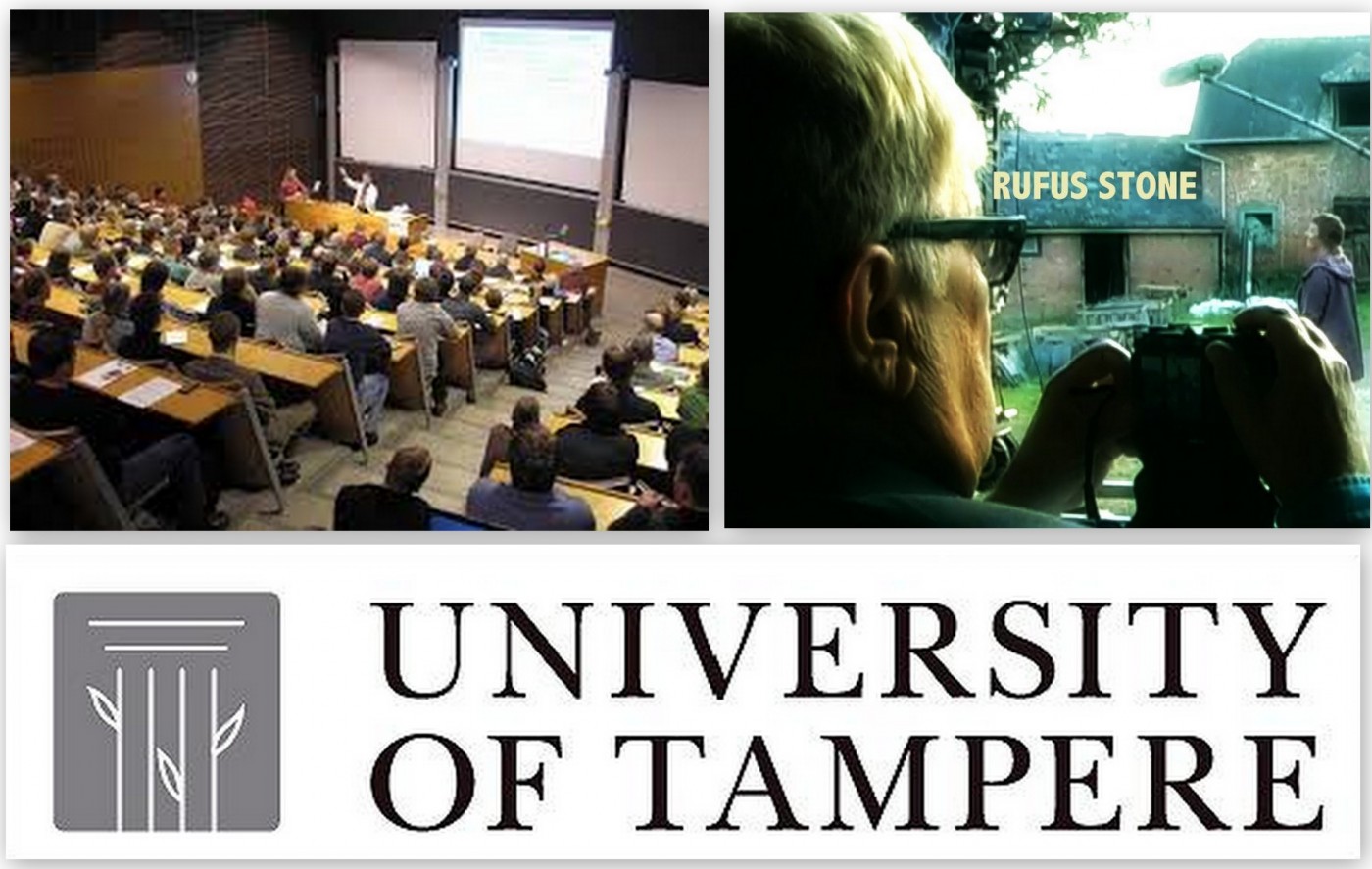
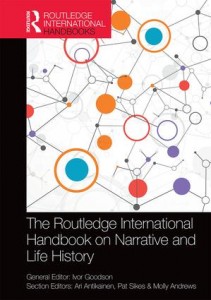 Kip Jones’ Chapter, “’Styles of Good Sense’ Ethics, Filmmaking and Scholarship” has recently been published in Routledge’s new volume, The Routledge International Handbook on Narrative and Life History.
Kip Jones’ Chapter, “’Styles of Good Sense’ Ethics, Filmmaking and Scholarship” has recently been published in Routledge’s new volume, The Routledge International Handbook on Narrative and Life History.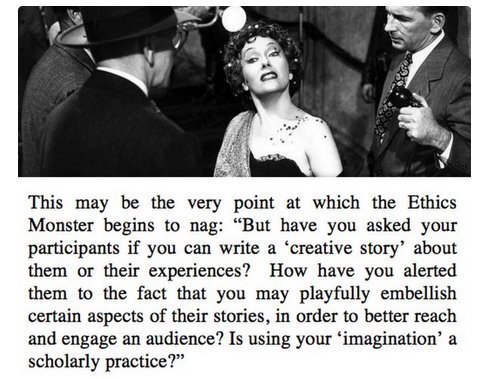


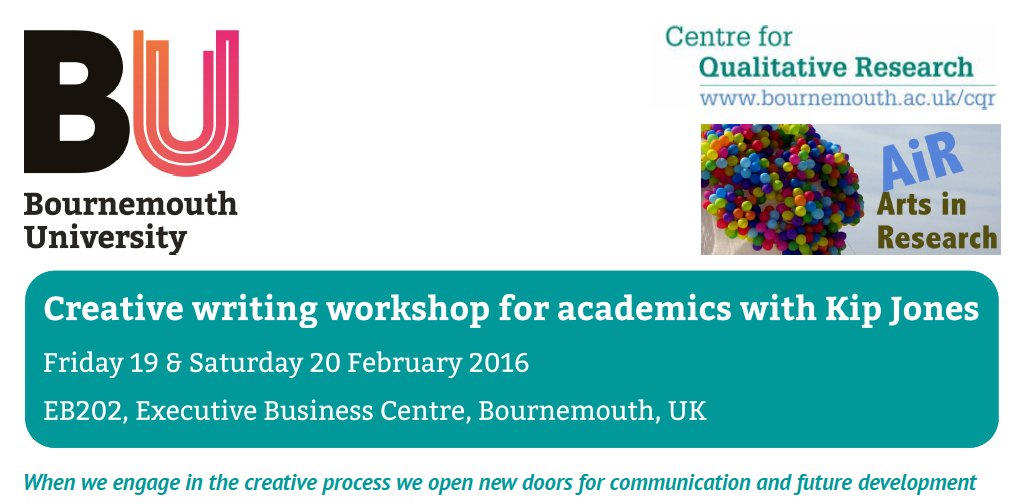
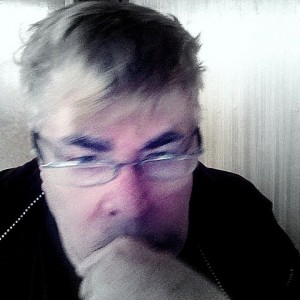
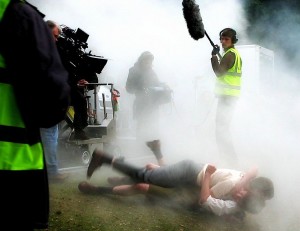
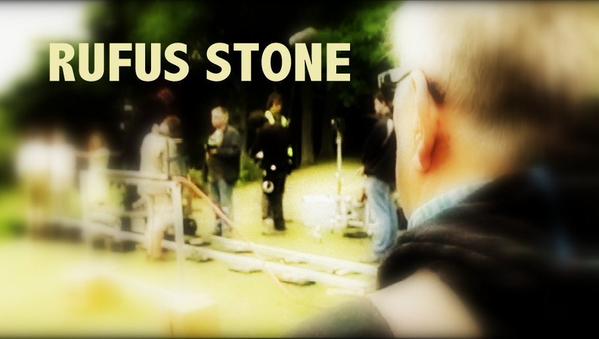
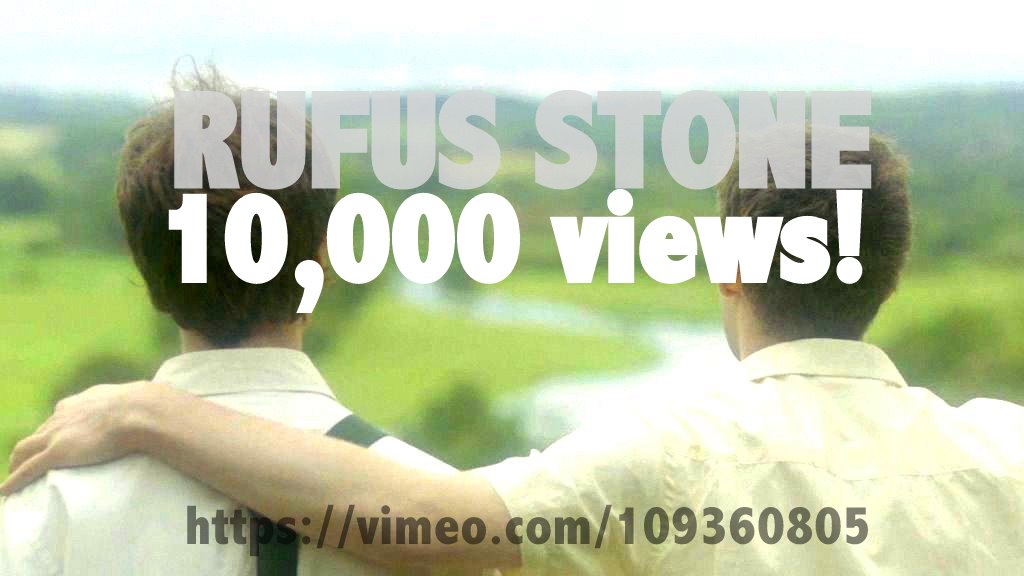
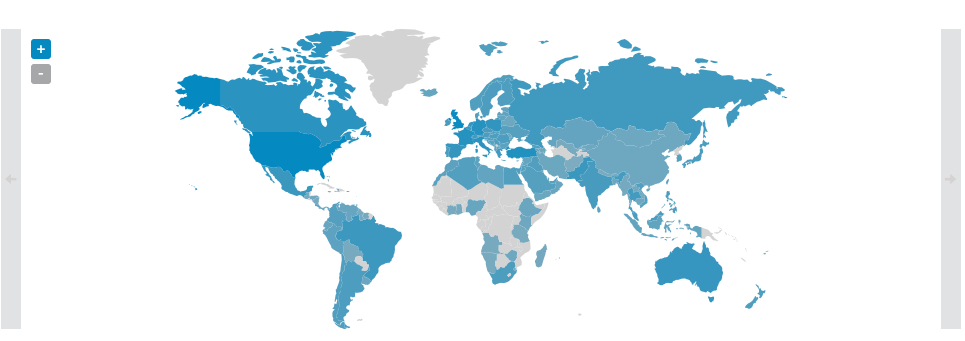



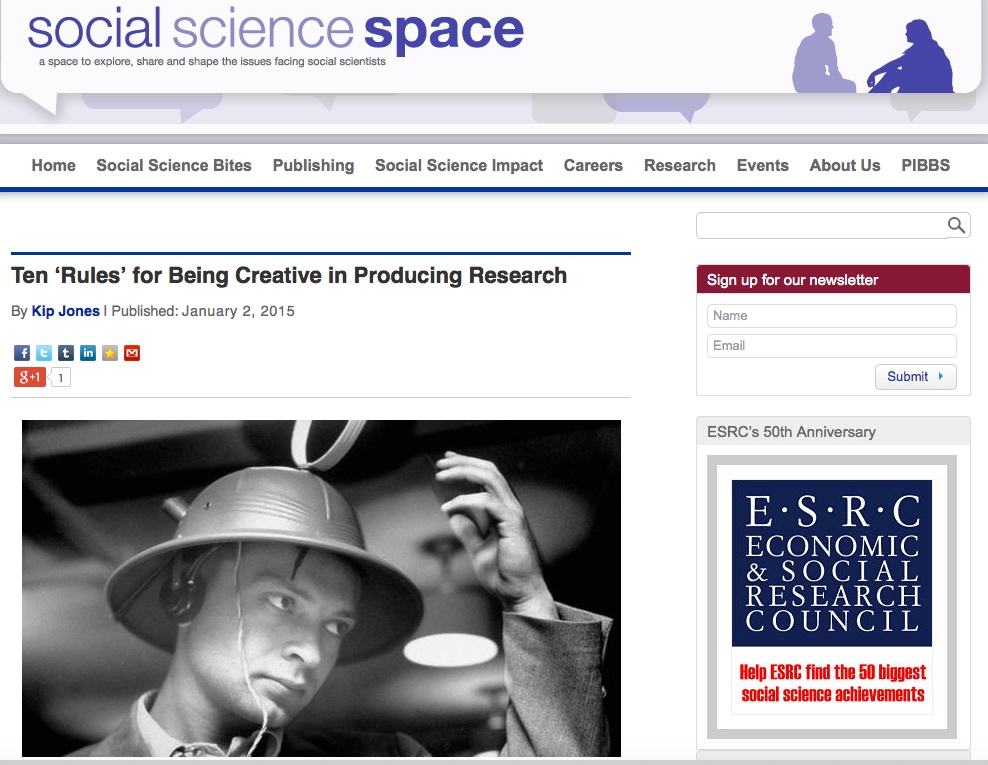











 SPROUT: From Sustainable Research to Sustainable Research Lives
SPROUT: From Sustainable Research to Sustainable Research Lives BRIAN upgrade and new look
BRIAN upgrade and new look Seeing the fruits of your labour in Bangladesh
Seeing the fruits of your labour in Bangladesh Exploring Embodied Research: Body Map Storytelling Workshop & Research Seminar
Exploring Embodied Research: Body Map Storytelling Workshop & Research Seminar Marking a Milestone: The Swash Channel Wreck Book Launch
Marking a Milestone: The Swash Channel Wreck Book Launch ECR Funding Open Call: Research Culture & Community Grant – Application Deadline Friday 12 December
ECR Funding Open Call: Research Culture & Community Grant – Application Deadline Friday 12 December MSCA Postdoctoral Fellowships 2025 Call
MSCA Postdoctoral Fellowships 2025 Call ERC Advanced Grant 2025 Webinar
ERC Advanced Grant 2025 Webinar Update on UKRO services
Update on UKRO services European research project exploring use of ‘virtual twins’ to better manage metabolic associated fatty liver disease
European research project exploring use of ‘virtual twins’ to better manage metabolic associated fatty liver disease